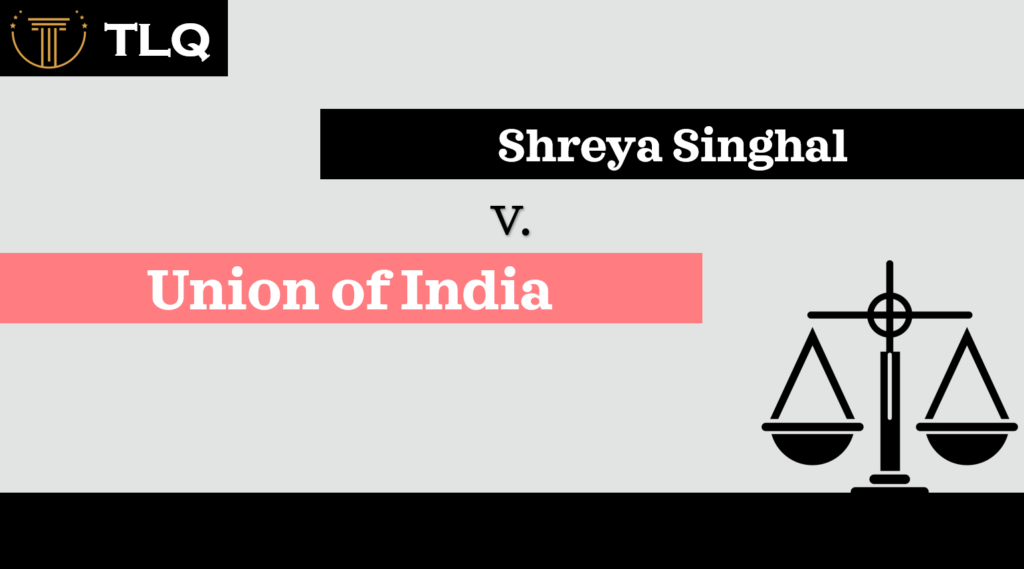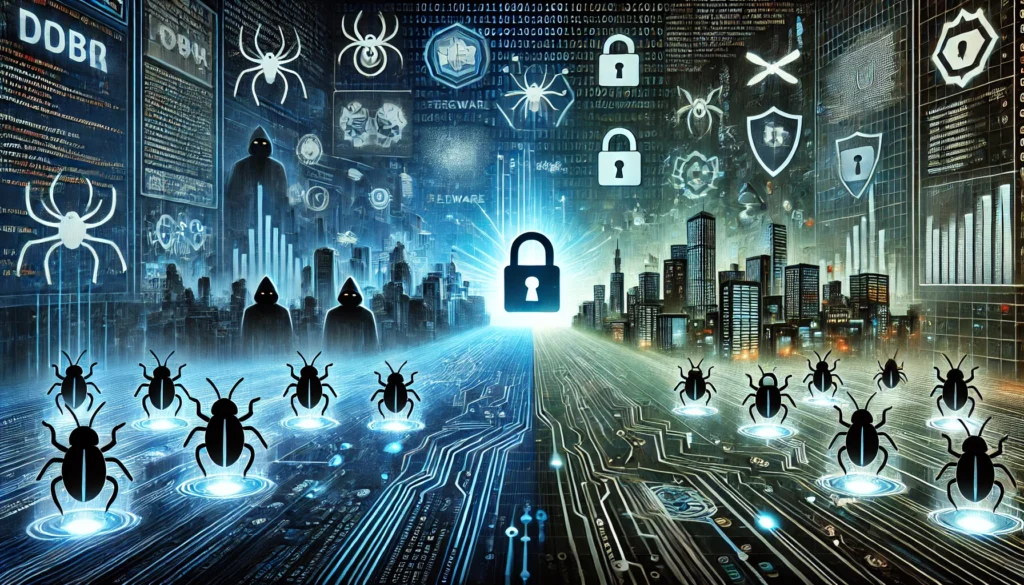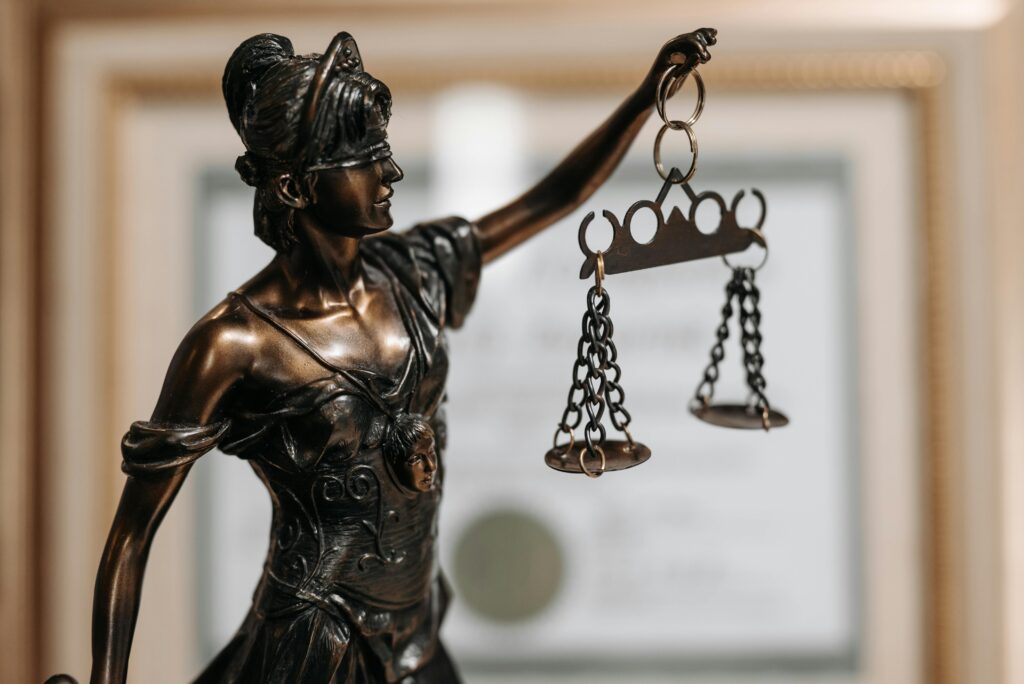Published On: October 11th 2025
Authored By: Prostuti Dutta
University Law College
Abstract:
India, is known to be a country with diversity in culture and traditions. With the populations of a total 145 crores of people speaking different languages, practicing different religions and having different cultures, it has still able to stay united and strong. But these differences do cause a lot of problems and a lot of examples are still pending upon as cases filed in courts, which shows that even if all Indians do live united in a society but nothing can stop the clashes between its people on the basis of religion, traditions, caste, gender, etc. Uniform Civil Code (UCC) is seen as an essential element that is given under our Constitution which has the power to bring all the people of India practicing different religions under the same umbrella to be able to serve justice equally to everyone. But adopting UCC also comes up with a lot of challenges and question as to its efficiency. This article will dive into the legal and social implications of UCC in India, providing an insight as to how it will shape the nation into a better future and how the justice system will be able to work efficiently with its adoption.
Introduction:
“Social justice means the removal of all inequalities that militate against the granting of an equal opportunity to every individual to make the best of himself.”[1] – Dr. B.R. Ambedkar.
‘Dharma’ is a Sanskrit word which means duty or righteousness. It is a concept used in Hinduism which means the path or the way which one should follow to conduct their life in a righteous way. In recent times, the world ‘Dharma’ translates to law. Law is a way by which social order can be achieved in a society with diverse set of people living together. India is a country with 145 crores of people speaking almost 121 languages practicing majorly 6 religions making it the most diverse set of population. Even though the whole population stays united practicing different cultures and traditions, there are a lot of differences among people due to different religions, caste, genders, race, etc. which makes the country prone to conflicts and sometimes even lead to riots. According to The Hindu, almost 62,000 cases are pending in High Courts which were filed 30 years ago. [2] With new cases emerging each and every day, the court is facing huge burden of cases and delay in providing justice to everyone in the country. The courts already having the burden needs to face another setback of having to provide justice differently on the basis of religious laws of the parties. The personal laws like laws relating to inheritance, marriage, divorce, adoption, etc varies from one religion to other. Unlike the criminal laws of the country, these personal laws are not uniform in nature which is a reason that leads to delays in justice or sometimes injustice. While one religion allows a widow to be the legal guardian of her children after the death of the father, but the other religion does not. In one religion one can marry up to 4 times at once while in other religion only monogamy is allowed. The lack of uniformity of personal laws is a challenge to right to equality that is provided to the citizens as a part of basic structure of the Constitution as not all people have been provided with equal rights due to being divided on the basis of religious personal laws.
To tackle the problem of differences in various religious laws, the Constitution of India has provided Uniform Civil Code (UCC). Article 44 of the Constitution states that, ‘the State shall endeavor to secure for the citizens a uniform civil code throughout the territory of India.’[3]A UCC is a set of laws which provides uniform personal laws throughout the country irrespective of the religion practiced by the individual. It covers matters such as inheritance, marriage, divorce, maintenance and succession which will be applicable to all citizens of the irrespective of any religion, caste, community, race and sex. UCC is a part of Directive Principles of State Policy (DPSP) which means it is not legally enforceable but acts a guiding source for the government to make laws.[4] States like Goa and Uttarakhand have already adopted UCC providing uniform laws irrespective of religion. Dr. B.R. Ambedkar believed that in order to attain social justice in the country, UCC is required. Even Mahatma Gandhi has also hinted that social justice can be attained only when all religions are treated the same way because according to him no religion is perfect and wanted reforms across all discriminatory customs affecting women across all communities.[5]
How UCC will impact the legal and social aspects of the society?
Positive impact:
The very first thing that will happen once UCC is adopted all over India is the simplification of personal laws that means the laws relating to divorce, inheritance, adoption, marriage and succession. This means all these laws will be under a same umbrella and no religious personal laws will affect conflicts in matters related to the aforementioned issues. The religious legislations made by parliament such as Hindu Succession Act(1956), Hindu Adoption and Maintenance Act(1956), Hindu Marriage Act(1935), Hindu Minority and Guardianship Act(1956), Muslim Personal law (Shariat) Application Act (1937), etc will cease to be applicable as a common set of laws will be applicable for all citizens. This will reduce the workload upon judiciary as they can easily decide matters on the basis of common laws for all citizens rather than referring to different legislations for each case.
The next impact would be the empowerment of women. It is well observed that almost all religious laws are disadvantageous for women. In most of personal laws, a women is not fairly given the share of property that they deserve, most of the girl child have also have to deal with child marriages, inequality in educational opportunities etc. with the implementation of UCC, all such discriminatory personal laws will be replaced with common set of equal laws for both men and women. Many judicial pronouncements have also encouraged the idea of UCC in India to provide equality among men and women. In the case of, Mohd. Ahmed khan vs. Shah Bano Begum And Ors (1985, AIR 945)[6] when Shah Bano was refused maintenance after divorce as per Muslim personal law, she went to file for maintenance in court and the Supreme Court held that women’s right to maintenance under section 125 of CrPC is secular in nature meaning that this section is applicable to all women irrespective of religion. Another case which hints the need of UCC is Smt. Sarla Mudgal, President, Kalyani And Ors vs. Union of India And Ors (1995, AIR 1531).[7] In this case a Hindu man converts to Islam to marry a second wife while having a living spouse already. This case revolved around the issue whether on conversion to another religion does the first marriage gets dissolved or not. The Supreme Court held that a marriage solemnized under Hindu laws cannot be dissolved by conversion of one souse to another religion and the court also held that the second marriage is illegal under section 494 of IPC under the offence of bigamy. Another impactful judgment given by the Supreme Court is in the case of Young Lawyers Association vs. State of Kerala (AIRONLINE 2018, SC 243)[8] where restriction of menstruating aged women’s (10-50 years) entry into Sabarimala Temple was challenged alleging that this restriction violates Article 14, 15, 25 and 26 of Indian Constitution. In this case the court held that this restriction was unconstitutional and upheld the right to worship as a fundamental right.
Another positive is quite controversial but UCC might end the politics that place on account of religious differences in the society. There will be reduction of the vote bank politics in society and reduce exploitation of sentiments of the citizens by using religious issues to divide the people. UCC is a way to indulge the sense of brotherhood among its citizens and to strengthen the sovereignty in the nation.
This cases provides an outlook of the discriminatory laws against women and how men take advantage of such unjust rules. In all these cases the need of UCC is highlighted to uplift women and protect them from discriminatory practices as per different religious personal laws.
Negative impact:
UCC is a big revolutionary measure for the society like in India where religion is a very serious and sensitive issue. While many people have encouraged and are affirmative towards the adoption of UCC in our country, there are also people who feel otherwise. According to Article 25 of Indian Constitution, the citizens are granted with right to freedom of religion. This allows citizens to practice any religion they like. This religion includes not just worshipping a certain God but also practice the religious practices and customs that are being followed since ages. If UCC is enacted, there will be a clash of right to freedom of religion and the uniform personal laws because the personal laws are religious in nature and replacing them with UCC means violation of right to freedom of religion.
Many minority communities India view UCC as a threat to their autonomy of religious practices and feel that its adoption might lead to destruction of their religion, culture and traditions. Some even feel that adoption of UCC might lead to losing of their identity as a uniform set of laws would be vested on them taking away their freedom to profess their religion freely.
UCC is a double edged sword in the context of secularism in India. Secularism is a concept that is considered to be part of the basic structure of the Indian Constitution which allows citizens to profess any religion they like and respect for all religions. UCC o one hand can be considered as the true flag-bearer of Secularism in India as it will remove all the inequalities of different religion bringing everyone under the same umbrella of law and jurisdiction but on the other hand it also violates the freedom to profess any religion under Article 25 as the adoption of UCC would curb all the religious personal laws. Marriage, divorce, inheritance, etc are some personal law matters that are practiced differently under different religious laws like for example Hindu marriages are solemnized when Saptapadi is done that is revolving around the fire for 7 times by the bride and groom while in Muslim marriages both the parties (bride and groom) have to provide consent to the marriage for solemnization of the marriage. These practices have been observed from a long time and adoption of UCC might lead to conflict of interests of various stakeholders of the society.
The All India Muslim Personal Law Board (AIMPLB) has always opposed the idea of adoption of UCC in India and argued that it infringes religious freedom guaranteed by Constitution. [9]The Naga community is also not in favour of UCC stating that its adoption would cause disorder in their personal lives.[10]
Conclusion:
The implementation of UCC is a complex task as it may trigger religious sentiments of various religious communities. While it may revolutionize the old discriminatory personal laws by providing equality to women, it may also make people feel their identity is getting wiped out. A suggestion to implement UCC in India could be integrating the reforms slowly into the Indian society. Like for example the gender inequality in personal laws could be targeted and be replaced with common set of laws that will be applicable to all citizens equally. A large range of awareness programs must also be conducted to make people aware about the need of UCC and to remove any kind of misinformation floating in the society against the implementation of UCC. The judiciary must also be prepared beforehand to have a smoother transition from old personal laws to a new set of common personal laws to avoid delay in serving justice.
UCC implementation in India is not something that can be done in a day, it will need a lot of patience and inclusive approach to meet the needs of all the citizens of the country. UCC is a gradual process that will slowly seep into the society and eventually become an irreplaceable part of the society.
References:
[1] Rylander J, “Dr. B.R. Ambedkar’s Legacy: How the Uniform Civil Code Will Contribute to Social Justice and Equality in India” (PA TIMES Online, April 14, 2023) <https://share.google/A1dtd8Bo2UeKn2aiQ> accessed August 20, 2025
[2] PTI, “Nearly 62,000 of Cases Pending in High Courts Are over 30 Years Old” (The Hindu, September 7, 2024) <https://share.google/6qOUuNZ668pOQGA5N> accessed August 20, 2025
[3] “Article 44: Uniform Civil Code for the Citizens” (Constitution of India, December 22, 2022) <https://www.constitutionofindia.net/articles/article-44-uniform-civil-code-for-the-citizens/> accessed August 20, 2025
[4] Acharya M, “What Is Uniform Civil Code Under Article 44? Meaning, Purpose, Importance, Pros & Cons” ClearTax (July 12, 2023) <https://share.google/BOolKHDGrnBDuHlLD> accessed August 20, 2025
[5] Singh AR and Singh SA, “Gandhi on Religion, Faith and Conversion: Secular Blueprint Relevant Today” (2004) 2 Mens sana monographs 79
[6] “Shah Bano Case” (Aashayein Judiciary) <https://www.alec.co.in/judgement-page/shah-bano-case> accessed August 20, 2025
[7] “Sarla Mudgal v. Union of India (1995)” (Drishti Judiciary) <https://www.drishtijudiciary.com/landmark-judgement/hindu-law/sarla-mudgal-v-union-of-india-1995> accessed August 20, 2025
[8] Mahawar S, “Indian Young Lawyers Association vs. the State of Kerala (2018) : A Case Analysis” (iPleaders, November 7, 2023) <https://blog.ipleaders.in/indian-young-lawyers-association-vs-the-state-of-kerala-2018-a-case-analysis/> accessed August 20, 2025
[9] Pandey A, “Arguments against Implementation of Uniform Civil Code” (iPleaders, June 16, 2017) <https://blog.ipleaders.in/arguments-implementation-uniform-civil-code/?utm_source=perplexity> accessed August 20, 2025
[10] Pandey A, “Arguments against Implementation of Uniform Civil Code” (iPleaders, June 16, 2017) <https://blog.ipleaders.in/arguments-implementation-uniform-civil-code/?utm_source=perplexity> accessed August 20, 2025




